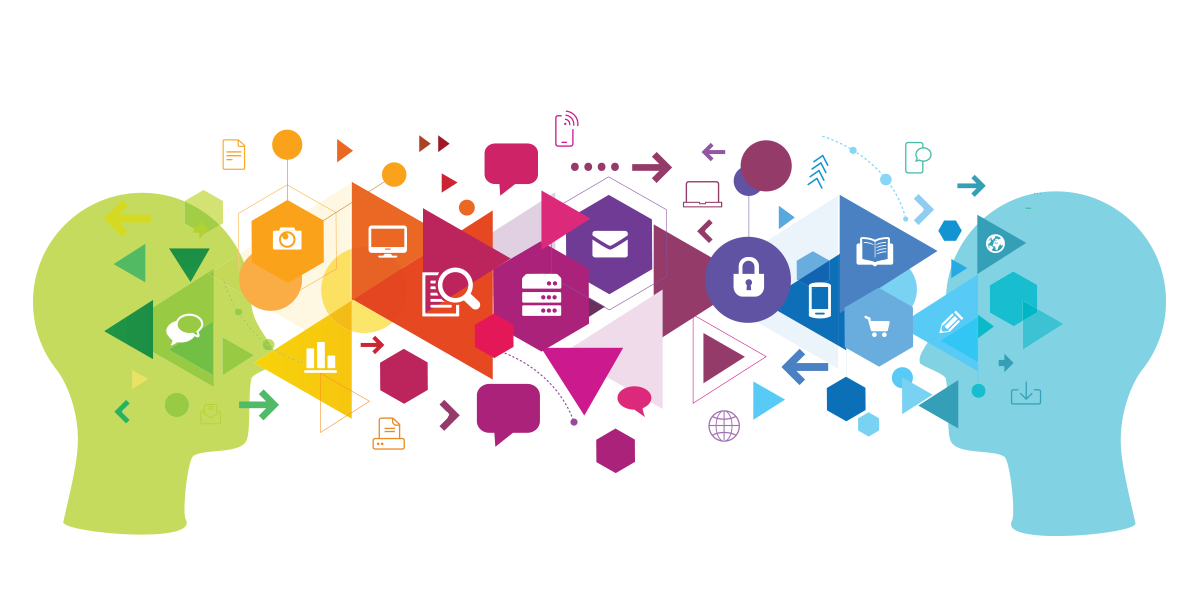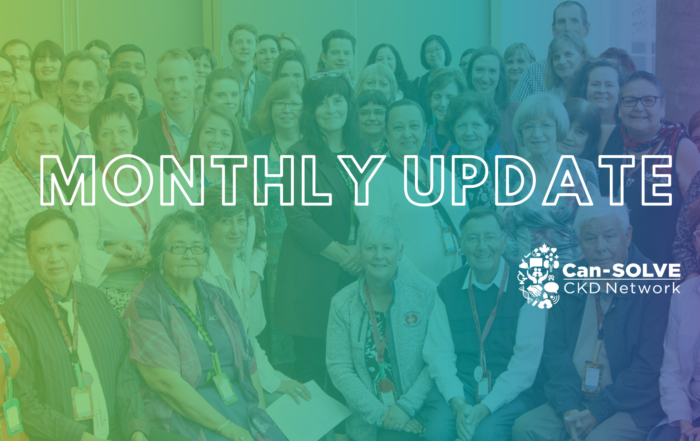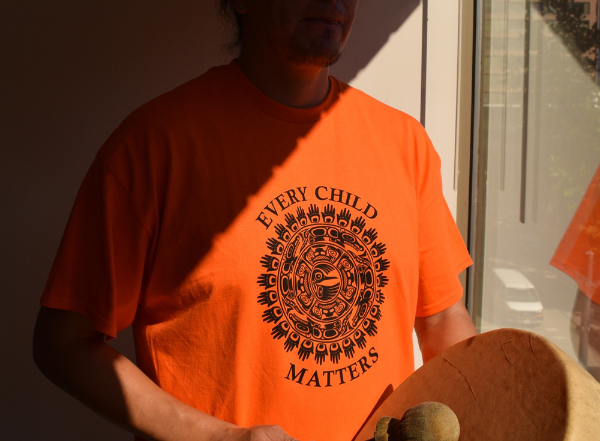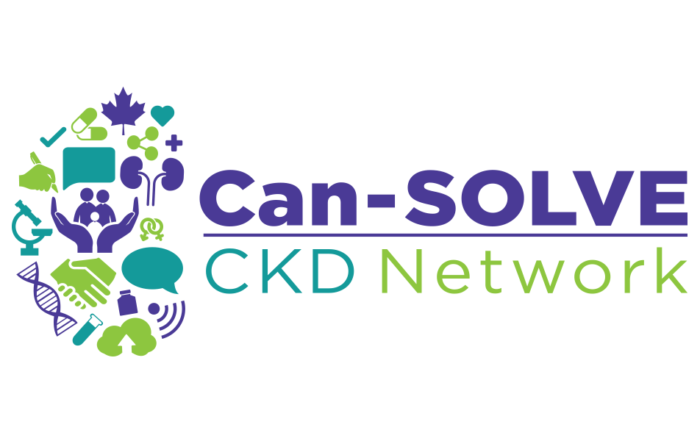
What is knowledge translation and what role can it play in health research? We sat down with Selina Allu, Can-SOLVE CKD’s Knowledge Translation Broker, to learn more about this important field.
What is a major issue surrounding health research that you encounter often in your work?
In general in the health sector, we do not always do a great job at translating health research and good evidence into practice and policy. This creates a gap between “what is known” to improve health and “what is being done” to improve health.
The costs of ignoring these gaps are increasingly apparent. For example, sometimes treatments are not given to patients in an optimal way, or new research does not address the needs of patient.
If we want to have a more evidence-informed healthcare system and evidence-based care that is relevant to patients, we need to close this gap between “what is known” and “what is being done” to improve health. Knowledge translation (KT) can help us do that.
What is knowledge translation?

Selina Allu, Can-SOLVE CKD Knowledge Translation Broker
Did you know that there are multiple definitions of knowledge translation? Many people also lack an understanding of the processes involved in doing KT.
In a nutshell, KT involves the synthesis, dissemination, exchange and ethically sound application of knowledge to improve the health of Canadians, and provide more effective health services and products. It is about the application and use of the best available science to benefit the health and well-being of society.
How is Can-SOLVE CKD achieving knowledge translation?
KT is at the heart of Can-SOLVE CKD. Our research efforts focus on the creation of the best science and supporting the application or use of that knowledge. We want to ensure that decisions about health and health care are informed by high-quality, relevant and up-to-date research evidence. Ultimately, we make sure we have effective strategies in place to facilitate the use of evidence-based knowledge to improve care and the lives of people living with kidney disease.
To advance KT within the network, we launched a knowledge translation Community of Practice (KT CoP) a little over a year ago. This virtual community of 50+ patient partners, staff, coordinators, researchers and Principal Investigators come together every 2 months through video conferencing. It has helped build our internal capacity for KT and have a common understanding of KT processes, concepts and practical skills. Members of the KT CoP have become champions and advocate for KT within their own projects and committees.
What do you love most about your work?
There is so much good work being done in the area of kidney disease research (early diagnosis, better treatments, and innovative care). Being able to work with research teams to bring this knowledge to those who need to use it the most is very rewarding. It is about building relationships and having a deep understanding of your audience and the context in which that knowledge can be used. Helping people collaborate, gather and translate evidence into useable forms is what I love the most.
I feel that the collective knowledge and experience from our Can-SOLVE CKD Network will allow us to gain rich insights and come up with creative and impactful solutions. We can do so much more to communicate how our research adds value.




Connect with us